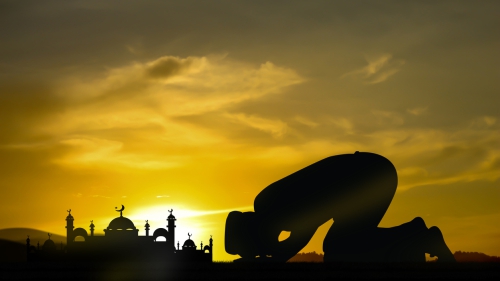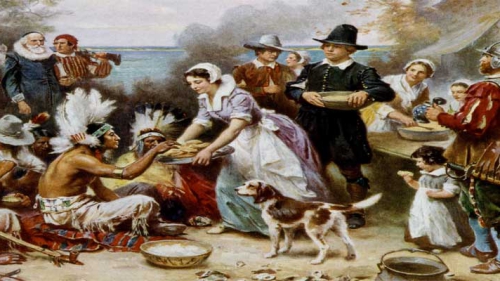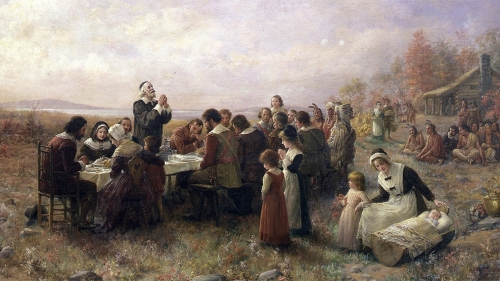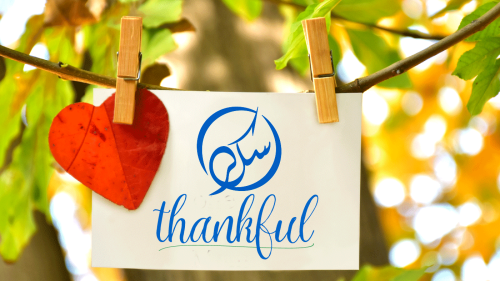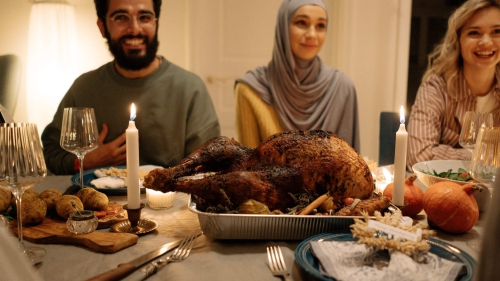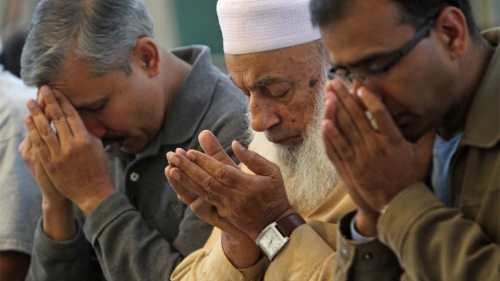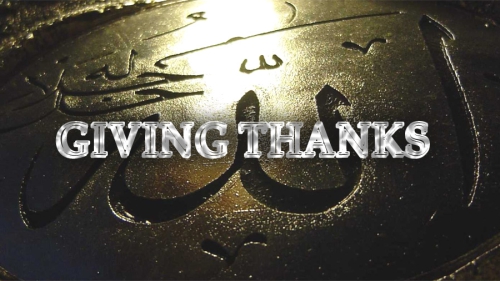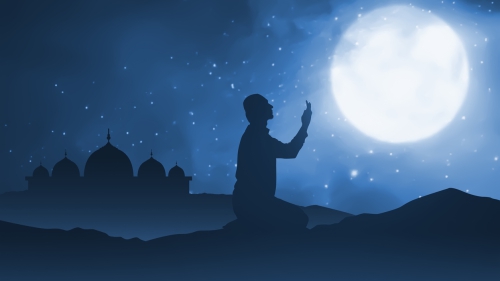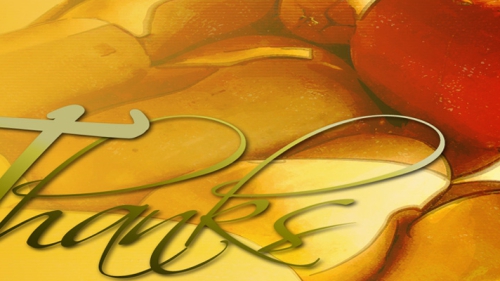Thanksgiving Tunisia Style
 |
"Don't forget the gonorrhea," my wife called out as I left to go shopping. This is what happens when you mix languages. In Tunisian Arabic, gonorrhea means artichoke. This Thanksgiving clearly would be different. Looking back, it was probably my favorite.
The seven American Peace Corps volunteers in our village wanted to share our traditional Thanksgiving with our friends. We assembled a group far more diverse than the original gathering of Pilgrims and Indians. We were American Jews, Protestants and a Catholic; French Catholics, a French Jew, and a devout Marxist-atheist; along with eight Tunisian Muslims.
It was not easy to find turkeys in Tunisia. This is not their bird of choice. We had chickens and quails; there were ducks, but turkey was definitely rara avis. After much searching, I found two large birds. I think they were turkeys. There was some confusion because the French words for "turkey" and "crazy" sound similar--dinde and dingue. Whatever they were, they spent the last months of their lives being fed as never before. By Thanksgiving they'd begun to resemble turkeys.
All the Americans pitched in with great enthusiasm, to prepare our feast--enthusiasm tempered only by having to kill and pluck the birds. I drew the short straw. Three hours later the turkeys were clean. I was not. I did, however, develop an abiding appreciation for our fowl which appear in markets without feathers--their insides neatly bagged.
The next challenge was where to cook them. No one owned an oven large enough to cook even one turkey. We considered barbecuing them, but that seemed inauthentic. It never occurred to anyone that the Pilgrims didn't have gas or electric ovens either. But, we were trying to recreate the Thanksgiving of our experience, not the historic event. They just had to be roasted.
The only possibility was the bakery. Our request struck the bakers as strange, even from foreigners, but for a few Dinars they fired up the oven with wood, put the turkeys in and bricked it shut. We had no idea of temperature and just had to guess how long to leave our rare birds in so they did not come out either truly rare birds or charred.
While they roasted, we cooked a local squash, pured it together with cinnamon, cloves, and brown sugar. It easily passed for pumpkin pie. We boiled potatoes and mashed them, steamed the artichokes and made a spicy dipping sauce, then welcomed our guests.
The food tasted, well, like home. Miraculously, the turkeys were perfect. The evening was joyful, as we went around the table and shared what we were each grateful for. As time passes, the memory of that Thanksgiving, so rich in promise, becomes ever more important to me. For a moment peoples of different races, religions and cultures sat down in joy, in peace, and celebration to give thanks for what unites us. Even if artichoke doesn't, the spirit of Thanksgiving translates wonderfully.
Jonathan Dobrer writtes a column, Out of My Mind. He is a returned Peace Corps volunteer from Tunisia. Mr. Dobrer teaches Comparative Religion at the University of Judaism in Los Angeles and sub-specializes in Islamic Studies.
Jonathan Dobrer






